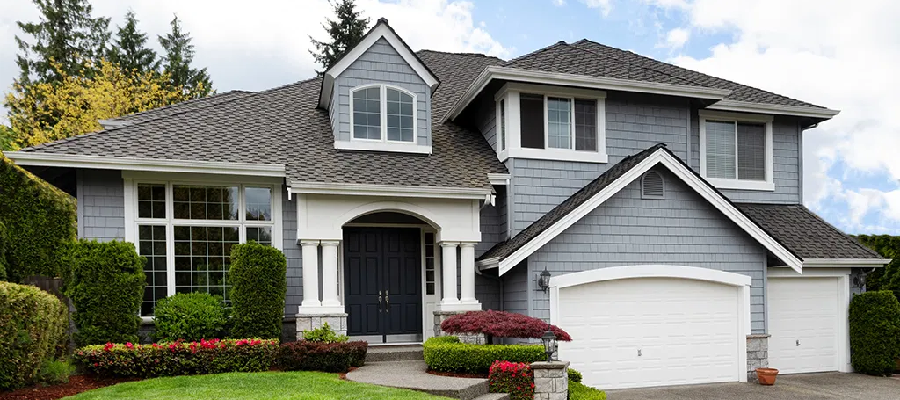It is crucial to make a keen assessment of the value of the house you are looking at purchasing. You must know how to assess the house value for insurance and the actual negotiation. You will learn how much equity you have and how your investment is going to perform. Knowing the value of the house helps you gain critical information. Companies such as McElwaine Estate Agents can help you see the market value when you purchase properties in Australia. Whether you are a buyer or seller, it is crucial to get an expert appraisal to determine the value of a house for sale.
Neighbourhood comps
One of the top indicators of a home’s value are the prices of similar property in the neighbourhood. These comparable homes are typically referred to as comps. When it comes to home appraisal, an agent will conduct a comparative market analysis. Experts will check on comps to evaluate the value of your home.
How to find out the comps of a property:
- Recency
Check for homes that have been sold recently. The more current, the better
- Similarity of features
Choose homes with similar characteristics to yours, such as size, number of stories, and year of construction.
- Distance
If possible, compare homes in the same subdivision or neighbourhood. Houses that are a block away may not serve as a good comparison since they are under different HOA rules, school districts, and many others.
- Location
If your home is in a notable area such as a busy street, a park, or near a waterfront, check out comps with the same placement.
No two comps are the same, so you will need to make adjustments for differences. It can be challenging to perform this manually, especially when you compare tiny details such as high ceilings, proximity to good schools, and something that isn’t measurable such as a scenic view. To be exact, you need to consider each unique feature and, ideally, compare it with a lot of comps. McElwaine Estate Agents and several other reputable companies can help you every step of the way from the appraisal, to negotiations, to the final purchase. You are getting clear-cut information that determines the value of your investment.
Good location
The area where your home sits may be ideal for you. It may be near your job or your parents’ house. But when experts evaluate your property, they are looking at three primary factors:
- The quality of the schools near the area
- Proximity to employment opportunities
- Access to shopping entertainment and recreational facilities
These factors dictate why some neighbourhoods demand steep prices and why others that are several miles away don’t. A property’s proximity to highways, utilities, and public transportation can influence a home’s value. When it comes to calculating the value of a home, location is more crucial than the property’s size and condition.
Size of the home and usable space
When evaluating your home’s market value, the size is one of the top considerations. A bigger house can have a significant impact on its value.
The square foot of the house can vary greatly. Depending on the location, one hundred dollars per square foot may be a good deal or somewhat overpriced.
Besides square footage, it is crucial to examine usable space. Garages, attics, and unfinished basements are not factored in usable square footage. For example, if you have a 2000 ft.² home with a large 600 ft.² garage, it is only considered 1400 ft.² of usable space.
Liveable space is crucial to most buyers and appraisers. Rooms such as bedrooms and bathrooms are highly valued. Properties with several bedrooms have a higher worth. However, these price trends are locally specific.
Year of construction and condition
Typically, homes constructed recently command a high value. The reason is vital parts of the house, such as plumbing, electricity, and roofing, are newer and less likely to get damaged. It helps save the buyer costly renovations.
A majority of buyers will pay a premium price for move-in ready homes. Most buyers will require an action contingency in the contract. They want to consider repairs to mitigate major expenses after the sale.
Conclusion
It would be best if you took note of features in a property that can be considered high-value. These features make the property an attractive investment for yourself and buyers if you decide to sell in the future. Keep in mind that location is a top indicator of value, and size will only be secondary.


